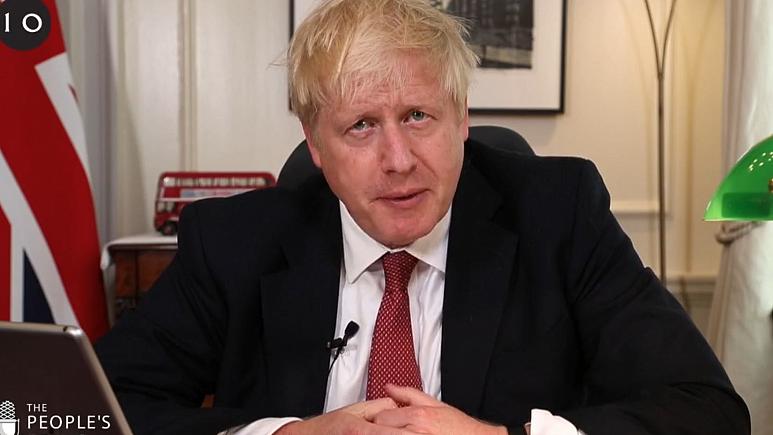Post-Brexit: Boris Rejects Proposed EU’s Trade Deal

British Prime Minister Boris Johnson and European Union negotiator Michel Barnier have started the post-Brexit trade deal on a negative note.
Both the European Union and Britain agreed on a divorce agreement after many years together.
However, the British Prime Minister Boris Johnson disagreed on the post-brexit trade earlier today and insisted he need not sign up to the bloc’s rules while the Brussels warned him of high tariffs and quotas unless he did.
Britain wants to negotiate a trade deal by the end of 2020, though EU leaders say the further Britain diverges from their rules the less access it will have to the EU market.
Speaking just over two days since Brexit, Johnson cast Britain as the “supercharged” superman of free trade, and while it would not seek to undermine the bloc with a race to the bottom, he said there was no need to accept EU rules.
“There is no need for a free trade agreement to involve accepting EU rules on competition policy, subsidies, social protection, the environment or anything similar, any more than the EU should be obliged to accept UK rules,” Johnson said.
The choice for Britain, Johnson said, was between a deal like Canada has with the EU or a much more distant deal like Australia.
He spoke in the Painted Hall at the Royal Naval College at Greenwich, where grand 18th Century paintings celebrate Britain’s prosperity and naval power.
The European Union wants an ambitious zero-tariffs and zero-quotas trade deal with Britain but this will be conditional on open and fair competition between the UK and the 27-nation bloc it quit last week, the EU’s Brexit negotiator said.
Michel Barnier, unveiling the European Commission’s mandate for talks with Britain on their future relationship, said there should be a level playing field over the long term on social, state aid and environmental standards.
“First and foremost, we will defend the interests of the union, its citizens and its businesses.” “We’ll continue to prepare for a situation where no deal is being arrived at. We certainly don’t want that to happen. We’ll work to avoid that, but if we can’t manage a deal by the end of the year there will be a cliff-edge on many fronts.”There will some areas where they’ll be no other solution. I’m thinking about trade and fisheries here,” Barnier added.


